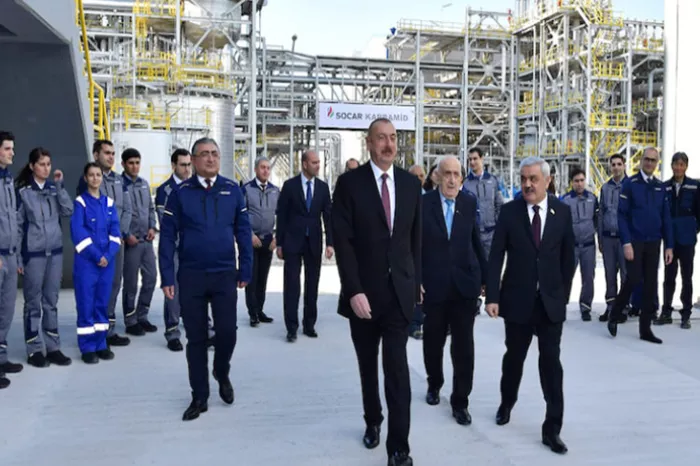A year after world leaders called for a global shift away from fossil fuels, climate diplomats, campaigners, and policy experts warn that nations are failing to transform that promise into action. With the COP29 climate negotiations approaching in November, there are growing concerns that fossil fuel issues are not being prioritized.
Last year’s landmark climate agreement was the first to explicitly urge countries to “transition away from fossil fuels.” However, major economies are still planning expansions in oil and gas production for the coming decades. While the deployment of renewable technologies like solar and wind is increasing rapidly, the International Energy Agency (IEA) reported in October that it is not sufficient to curb the burning of fossil fuels.
Global emissions, primarily from fossil fuel use, have reached record highs, causing concentrations of greenhouse gases to rise to unprecedented levels, according to two United Nations agencies.
“Since the COP28 pact was signed in Dubai, leaders have struggled to translate commitments into actionable policies,” noted Katrine Petersen from the policy think tank E3G. She expressed concern about a “vacuum of political leadership” surrounding these commitments, suggesting that the energy transition is slipping off the political agenda.
Countries most threatened by climate change are “waiting in vain” for the promised decline in fossil fuel production, said Pa’olelei Luteru, a Samoan diplomat and chair of the Alliance of Small Island States (AOSIS). He emphasized that “saying something is one thing, but actually meaning it is another.”
Papua New Guinea, a Pacific nation vulnerable to climate impacts, has announced it will boycott this year’s UN-led talks in Azerbaijan, expressing frustration with the continued rhetoric surrounding climate action. AOSIS lead coordinator Toiata Uili criticized the “weakening political support” for robust fossil fuel commitments but insisted that larger countries must be held accountable.
Azerbaijan’s lead negotiator, Yalchin Rafiyev, acknowledged that many nations are seeking “clear next steps” at COP29 to demonstrate progress on the pledges made in Dubai. However, a western diplomat indicated that oil-rich countries are pushing back against any further commitments on fossil fuels, fearing they were over-committed at the last conference.
The host nation, Azerbaijan, has faced accusations of prioritizing its oil and gas interests over fossil fuel discussions at the climate talks. While officials deny this, they have stated that the upcoming conference, scheduled for November 11-22, will focus on finalizing a contentious climate finance deal.
“While this is indeed the finance COP, it is essential that the progress on energy commitments from last year is not lost,” Petersen stated.
Despite the political challenges, there are signs of progress in the transition away from fossil fuels. The IEA reported in October that investments in clean technology now surpass those in fossil fuels, predicting that by 2030, half of the world’s electricity will come from low-carbon sources. However, increased energy use means that even rapid growth in renewables is not leading to significant reductions in carbon dioxide emissions, according to Dave Jones from the think tank Ember.
During their recent meeting, G20 leaders, responsible for three-quarters of global emissions, reaffirmed their intent to move away from fossil fuels. However, the disparity between nations’ promises and actions remains stark. A UN report published in October revealed that only one country, Madagascar, had introduced stricter climate policies in the past year.
“If we assess action and ambition, little has changed globally since last year’s report,” said Anne Olhoff, co-author of the UN scorecard. Countries are under pressure to present concrete steps in their upcoming national climate plans, due in early 2025. While many are pledging bold policies in line with climate targets, they are simultaneously approving new oil and gas projects, creating a contradiction that has been highlighted by the UN’s expert climate panel.
Oil Change International and other activist groups identified rich Western nations as the “worst culprits” in fossil fuel expansion, while noting that the COP28, COP29, and COP30 hosts—the United Arab Emirates, Azerbaijan, and Brazil—are also increasing fossil fuel production.
As global temperatures rise, the impacts on ecosystems and communities become increasingly severe. “When we discuss climate pledges, we are referring to more than just arbitrary words; we need real action,” stated Andreas Sieber from the activist group 350.
Related topic:
Which Fossil Fuel Is The Cleanest Burning?

